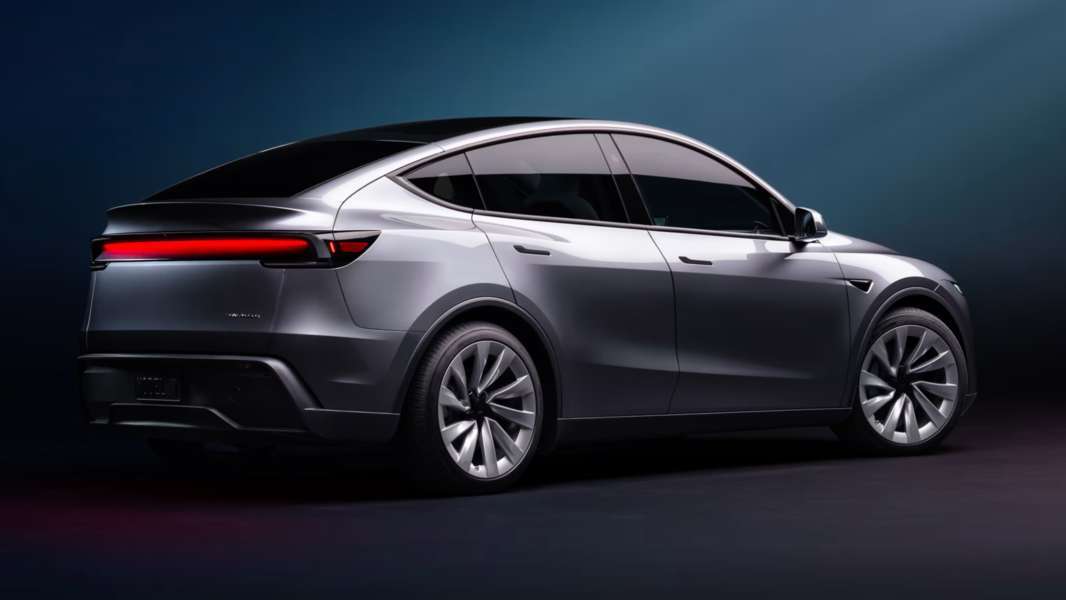Tax Considerations: Buying vs. Leasing an Electric Car (Tesla Model Y) in the UK
Buying a Tesla Model Y (Outright or via Hire Purchase)
Corporation Tax Relief:
If bought outright or on hire purchase, a company can claim 100% First-Year Allowance (FYA), meaning the full cost is deducted from taxable profits in the first year.
Example: A Tesla Model Y costs £45,000. The company saves £8,550 (£45,000 * 19%) in corporation tax (assuming a 19% tax rate) in year bought. This can be higher depending on what tax rates the company pays tax at.
VAT Recovery:
If the car is for 100% business use (rare for cars), VAT can be reclaimed. Otherwise, VAT is not recoverable. Always think that it will not be recoverable to be on safe side, as very few cars would qualify.
Benefit in Kind (BIK) for Employees:
The BIK rate for electric cars is 3% (2025/26 tax year), meaning very low tax for an employee using the car personally. This would be approx. £45000 * 3% = £1350, this amount would get added on as employment income, then taxed at rate of tax which the taxpayer is, so if a basic rate tax payer, they would pay an additional £270 in tax, as a higher rate taxpayer they would pay £540 a year. The amount would be apportioned to when the car become in use.
Balance Sheet Impact:
The car is recorded as a fixed asset.
If bought on finance, a liability (loan balance) is added.
Profit & Loss Impact:
A depreciation charge is applied yearly, affecting profits.
Interest on finance is tax-deductible.
Leasing the Electric Car
Leasing a Tesla Model Y (Business Contract Hire – BCH)
Corporation Tax Relief:
Monthly lease payments are fully deductible from taxable profits.
Example: A lease costs £750/month (£9,000 per year). The company saves £1,710 (£9,000 * 19%) in tax per year.
VAT Recovery:
50% of VAT on lease payments can be reclaimed if the car is used personally.
100% VAT reclaim if exclusively for business use.
Benefit in Kind (BIK) for Employees:
Same as buying – BIK (3% rate).
Balance Sheet Impact:
No asset recorded, as the company doesn’t own the car.
No liability recorded since it’s a rental agreement.
Profit & Loss Impact:
Lease payments reduce profits as an expense.
No depreciation or interest costs.
Summary: How It Affects the Business
- Buying a Tesla Model Y:
Big tax deduction upfront (reduces profits in year 1).
Recorded as a company asset.
Affects cash flow more if paid outright.
Good for long-term ownership but higher initial cost.
- Leasing a Tesla Model Y:
Tax relief spread over time (monthly deductions).
No car asset on the balance sheet.
Better for cash flow (lower initial costs).
No resale value, as the company does not own the car.
Which is better?
Buying is best for tax savings if the company has high profits and can afford it.
Leasing is better for cash flow and lower commitment.
But it always depends and other factors should always been taken into account before making a decision, always speak to your accountant.
This information is correct as at 1st March 2025 assuming car bought or leased from April 2025 onwards.

